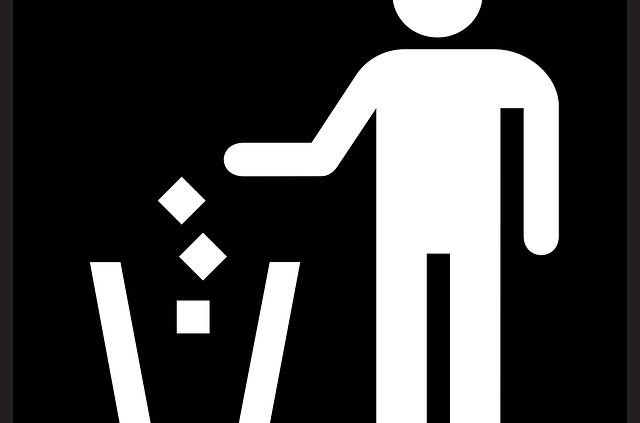If you want media attention for your book, brand, or business, you need to know what your “thing” is.
And by that I don’t mean your topic or your subject matter or your industry. Because that’s broad, and while it’s part of what you do and who you are, it’s hardly specific to you.
What I mean by ‘thing’ is that place where your personality, your expertise, your business, and your mission overlap to create that one unique fingerprint of a brand that is yours and no one else’s. Your special gift.
And yes, you do have it. I know you do because this is what I do—and I’ve never worked with someone who doesn’t have one! They just have trouble finding, or committing, to it. But most times, they can’t see the forest for the trees.
Let’s take an example.
If you’re a meditation teacher, your thing is going to have something to do with helping people access peace and stillness in a churning, distracting world. That’s great—but that’s what meditation does, and you are more than the tool you share. You might speak to a range of topics (yoga, mindfulness, stress, resilience, and so on).
But you are more than that. You are not just the technique or tools you teach, but the person who believes in it–and you have your own reasons why that is. THAT is your thing. THe key to get that into words.
Everyone I work with resists the idea of having “one thing.” Even I resist this idea sometimes. We don’t want to think of ourselves as two-dimensional, as similar to everyone else or unoriginal. But. When it comes to media, the broader your pitch, the less interesting you are.
I also know lots of people who throw EVERYTHING at a producer or editor (“I’m a this, and a that, and I do some of this and that”) and it’s confusing to them. And if a producer is confused, it’s a no.
A producer or editor or other member of the media can’t tell you what you are—so don’t leave it up to them to help you figure it out. They may have their opinions, and they may even suggest some things, if the spirit moves them. But it’s not their job to know; it’s yours.
Sure, there are a lot of people who might describe themselves in a way similar to you; i.e., help women invest their money, help millennials negotiate better salaries, offer men insights into how women think so they can win the right one over.
There are no new ideas under the sun—but there’s no one exactly like you. That’s the difference.
Think of your brand positioning as the thing that gets you up the mountain to where you’ll be more visible (a metaphor for media, you with me?). You may think, “oh I’m going to wear the most comfortable, softest shoes so I can wear them as I work my way up the mountain.”
But no. Those shoes are too broad and soft and they can’t hold up to the rigor that’s required of them to climb a steep mountain. You need an edge—something that can cut into the mountain, through the ice and snow and whatever else, and give you some steadier footing. You need the brand equivalent of hiking cleats!
If I am sitting down with the meditation teacher one on one, I’ll ask her why she got into meditation and what she thinks is important for people to understand about meditation, why they might resist it, and why they might want it and not realize it yet.
But I also want to know what she struggles with, and what she has in common with those who would benefit (and the answer can’t be “everyone” and if it is, she’s not being focused enough. Maybe it’s that she’s always been a wildly distracted and distractable person, and liked to move from one thing to the other, but realized she couldn’t finish anything. Maybe meditation gave her the freedom to be more creative without letting silly things detract from meaningful efforts. A distracted meditation teacher who applies the solution to her life? Now I’m interested.
And remember, you don’t have to be the only one doing what you do. If you were literally the only one, chances are that means no one’s interested in it.
It’s fine that there are scores of other meditation teachers or nutritionists or dermatologists. Doesn’t matter.
What matters is that when the media goes looking for one to interview or feature, that you give them a clear picture of who you are and what you think or do that’s specific to you. Find that thing, and go big with it.
Ask yourself:
- What am I trying to do, specifically?
- Why is this a problem for the people I’m speaking to?
- What misunderstandings do they have about “x” and how will I change their minds?
- What personal story do I bring to bear? What key insights?
And give your ideas the cliche test: If you’ve heard it a zillion times before, if everyone already agrees with it, keep digging.
Terri Trespicio is the co-creator of Lights Camera Expert, a six-week program that teaches experts, authors, entrepreneurs how to get, and keep, media attention. Visit her at territrespicio.com.







